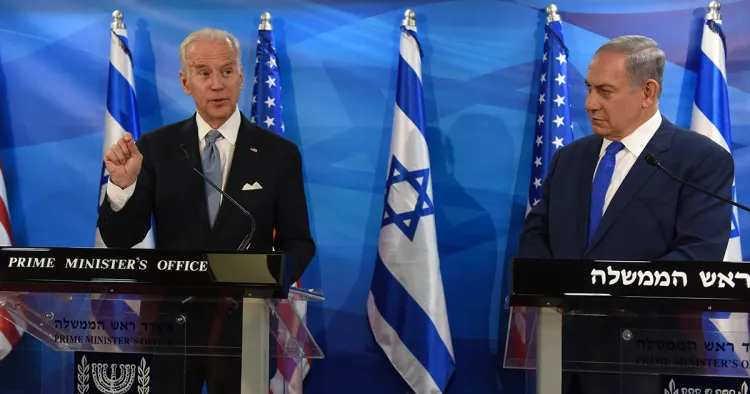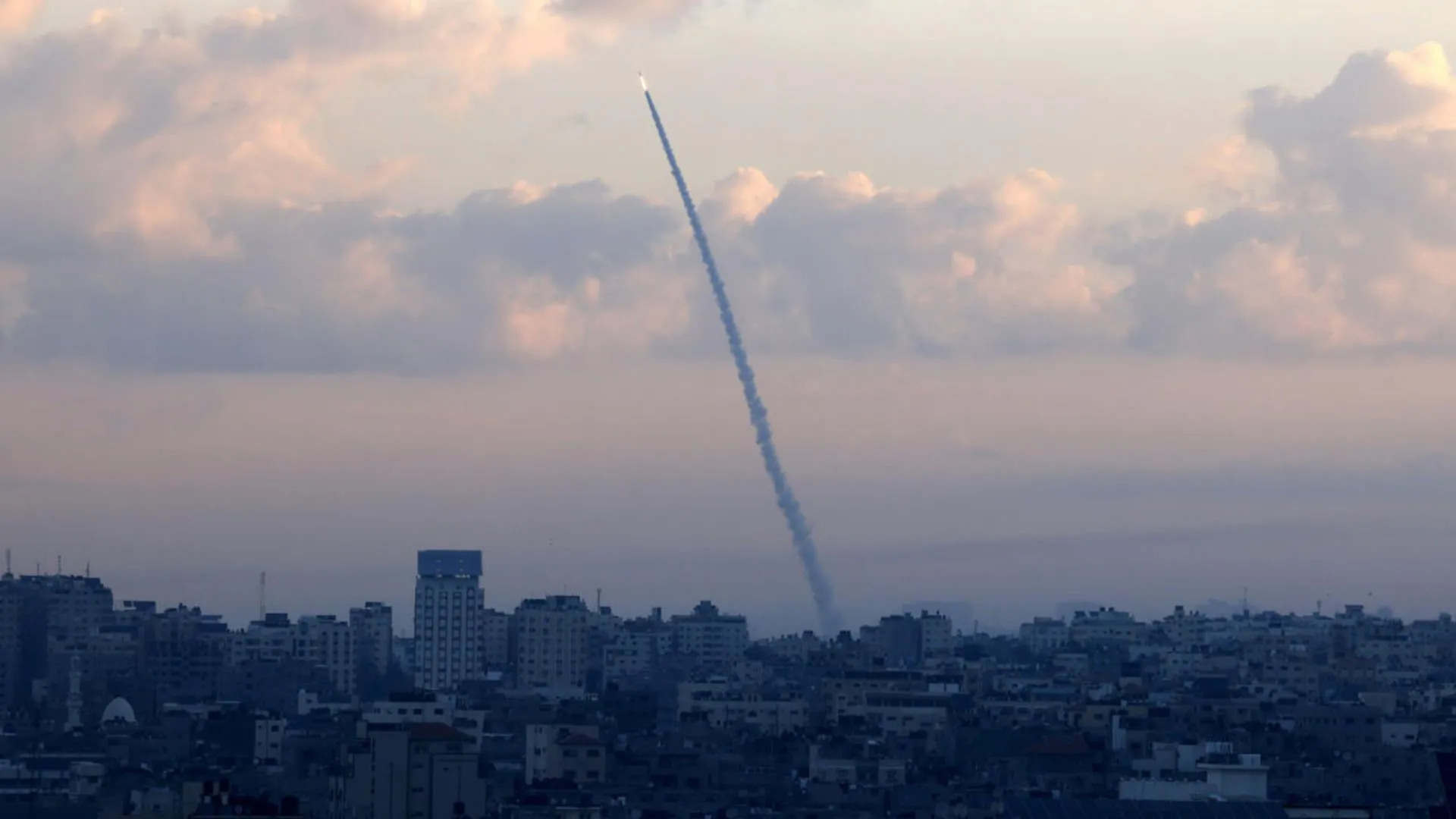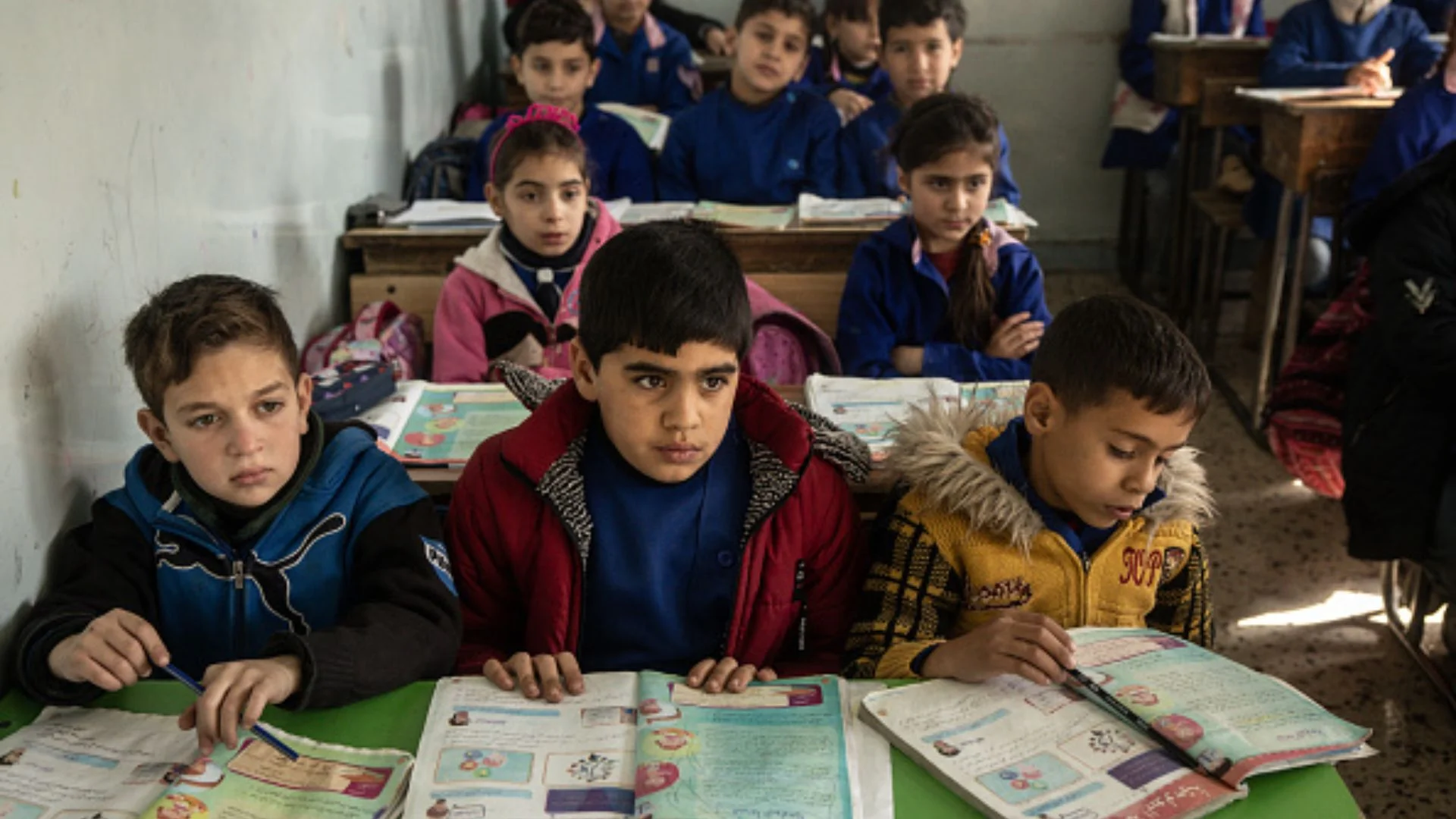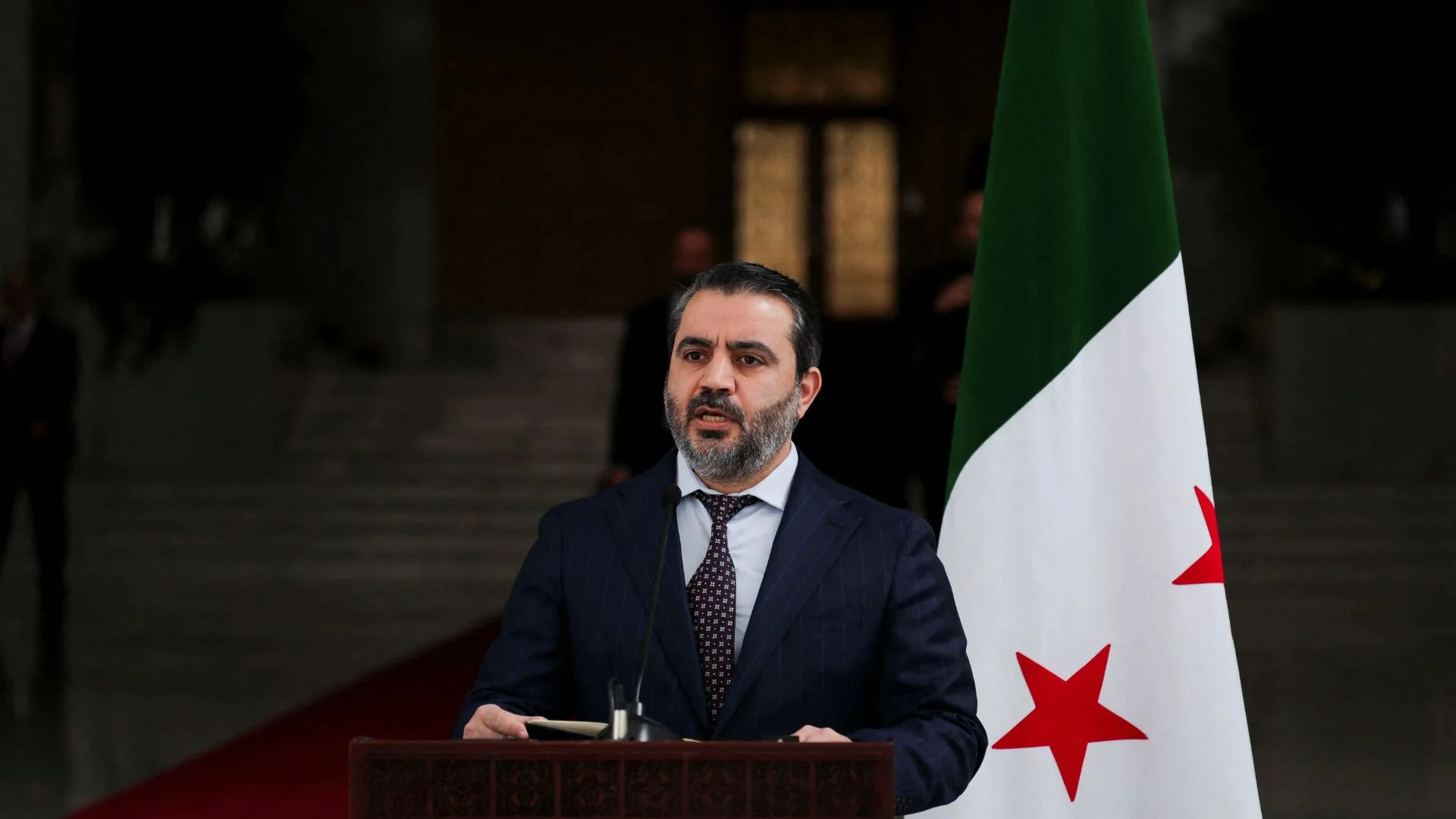After fighting for over a year on seven fronts, Israel spread the war to Lebanon and Iran. The war began as a result of Israel’s retaliation to Hamas’s attack on October 7. As the year 2024 draws its curtains, the war sees no end.
Although Israel drew ire from the international community for allegedly sidestepping a ceasefire, it has the support of the US.
“The US stands with Israel as it defends itself against terrorism. We remain steadfast in our commitment to lasting peace and stability across the region and for a common future for Israelis and Palestinians with equal measures of security, dignity, opportunity, and freedom,” a statement by the US Department of State said.
October 7 Attack
On October 7, 2023, Hamas, an acronym for Harakat al-Muqawama al-Islamiyya (Islamic Resistance Movement), the largest militant group in Palestine carried out a massive terror attack on Israel.
Over 1,200 people including foreign nationals were killed by Hamas, several women were killed, women were raped and over 250 hostages were abducted. Out of them, only around 100 are said to be alive, the rest are believed to be killed in captivity, and some were returned to Israel during a partial ceasefire in December 2023.
Israel has called the October 7 attack the ” largest massacre of Jews since the Holocaust.” Girls and women were sexually assaulted. Hamas also took 254 people hostage that day, including 12 Americans.
Following this, Israel launched a strong counteroffensive targeting Hamas units in Gaza. It has resulted in over 45,000 deaths, according to the Gaza health ministry.
Notably, there has been incessant domestic pressure on the Netanyahu government to bring back the hostages. There has also emerged a divide in Netanyahu’s war cabinet, with some ministers and opposition leaders calling for ceasefire and hostage release, while far-right leaders of the cabinet strongly asserting for continued operation in Gaza.
Entry of external factors from Iran and its proxies
As the attack resulted in a full-blown conflict, more external factors entered the arena. Hezbollah, the militant group from Lebanon, and Houthis from Yemen — both proxies of Tehran — started launching fresh attacks on Israel.
While Hezbollah targeted the northern part of Israel, Houthis started a chain of attacks on what they called “Israeli-linked vessels” passing through the Red Sea, severely disrupting the global connectivity in the region.
Prodded on by several world leaders, Qatar mediated the war and pushed the warring groups into a week-long ceasefire that was in effect from November 24 to December 1.
During this time, humanitarian aid was allowed to enter Gaza. Under this, Hamas agreed to release 50 women and children out of the 237 hostages. Israel also agreed to release 150 Palestinian women and children.
In a major escalation, on October 1, last year, Iran launched between 180 and 200 missiles against Israel in what it said was retaliation for the killing of the Hamas political leader, the leader of Hezbollah, and a commander of the Islamic Revolutionary Guard Corps (IRGC).
This was the second direct attack by Iran against Israel in 2024, following an attack in April 2024 that Iran said was in response to an attack on its consulate in Syria.
Israel vowed to respond, and on 26 October 2024, it launched air strikes at Iran which it said targeted missile and drone manufacturing sites and aerial defences. Iran’s army said four soldiers and a civilian were killed.
From Nasrallah to Sinwar: How Israel eliminated its top enemies
As the conflict closed in one year, Israel succeeded in eliminating a number of top militants. Hamas political chief Ismail Haniyeh was killed in July, while he was in Tehran. Israel, however, admitted to killing him only in December last year.
Hamas leader Hanieyh’s killing came hours after top Hezbollah commander Fuad Shukr was killed in an Israeli air attack on the southern suburbs of Lebanon’s capital, Beirut, on July 31. Yahya Sinwar replaced Haniyeh as the group’s military chief.
On September 27, a precision strike by Israeli Defence Forces in the Lebanese capital Beirut killed another big name, Hezbollah leader Hassan Nasrallah.
The US backed the operation, saying that Hassan Nasrallah’s death “is a measure of justice for his many victims.”
Hezbollah on October 24 confirmed the death of the group’s executive council head Hashem Safieddine, CNN reported. He was one of the candidates possibly slated to take charge after Hezbollah leader Hassan Nasrallah’s killing. Hezbollah’s statement comes after the Israel Defence Forces (IDF) announced Hashem Safieddine was killed in an Israeli airstrike on Beirut earlier in October.
On October 17, Israel Prime Minister Benjamin Netanyahu confirmed that Hamas chief and one of the masterminds behind the horrific October 7, 2023 attacks, Yahya Sinwar, is dead, the Times of Israel reported.
Following this, Hamas chief Yahya Sinwar was also eliminated in Israeli strikes in October, days after the anniversary of the October 7 attack by Hamas.
The humanitarian concerns emanated from the war
However, the raging conflict has also posed several humanitarian concerns amid mounting civilian casualties. According to the Gaza health ministry, over 45,000 people mostly women and children have been killed in Gaza. Casualties have also been reported in Lebanon.
Though sympathy lied with Israel after October 7, some of it, seemed to have shifted amid reports of ‘humanitarian concerns’ in Gaza. Several videos and accounts showing Israeli attacks on civilians, UN peacekeepers and aid groups raised eyebrows globally.
The United Nations has accused Israel of continuing to “systematically” hinder aid to Gaza. The United Nations relief agency for Palestinians, UNRWA, said aid is nowhere near enough and a ceasefire was desperately needed to deliver as famine loomed, Al Jazeera reported.
Amid the biting cold, UNICEF said that seven infants died of hypothermia in the Gaza Strip in recent days. According to the UN, at least 1.9 million people (or nine in 10 people) across the Gaza Strip are internally displaced, including people who have been repeatedly displaced.
The Israeli onslaught has displaced around 85 per cent of Gaza’s population amid acute shortages of food, clean water and medicine, while 6 per cent infrastructure has been damaged or destroyed, according to the United Nations. UN experts have even declared Israel’s actions in Gaza to be tantamount to “crimes against humanity.”
The International Court of Justice ordered Israel to halt its operations in the southern Gaza city of Rafah and withdraw from the enclave, CNN reported. UN’s top court situated in The Hague, Netherlands gave the order, in the case brought by South Africa accusing Israel of genocide, citing “immense risk” to the Palestinian population.
The International Criminal Court has also applied for arrest warrants against top Israeli and Hamas leaders for alleged war crimes.
In another blow to Israel, some top European Union nations; Spain, Norway and Ireland formally recognised the Palestinian state on Tuesday, which underscored the intensifying pressure on Israel from Europe on its ongoing war with Hamas in Gaza.
What a Trump presidency might mean for the conflict
Israeli Prime Minister Benjamin Netanyahu once described US President-Elect Donald Trump as the “best friend that Israel has ever had in the White House”.
During his previous term in office, Trump had brokered the “Abraham Accords”, which aimed to stabilize relations between Israel and Arab nations. During his presidential campaign, Trump had said that he wanted the Middle East to return to “real peace, a lasting peace”.
Trump had visited Dearborn, Michigan, known as the “capital” of Arab America. And he spoke directly to Lebanese Americans fearing for their families overseas.
US President-elect Trump also issued a stern warning to Hamas regarding the ongoing hostage crisis in the Middle East, stating there will be “ALL HELL TO PAY” in the region if the hostages are not released before January 20, 2025, prior to the date he will assume office in the White House.
Trump vowed that those responsible for the hostage-taking would be “hit harder” than any previous actions taken against foreign entities by the US.”Those responsible will be hit harder than anybody has been hit in the long and storied History of the United States of America. RELEASE THE HOSTAGES NOW!” the post further read.
As Trump Presidency has been laced with unpredictability with reference to the Middle East crisis.























